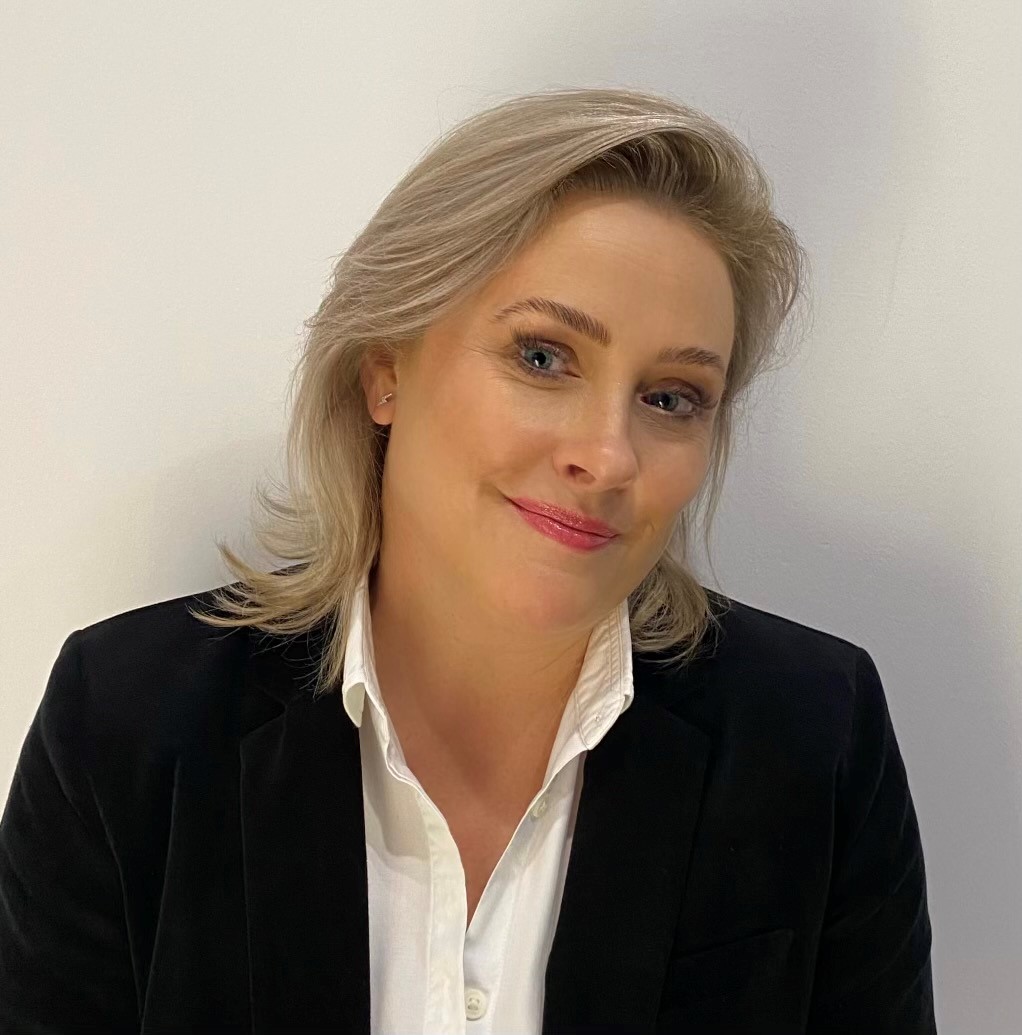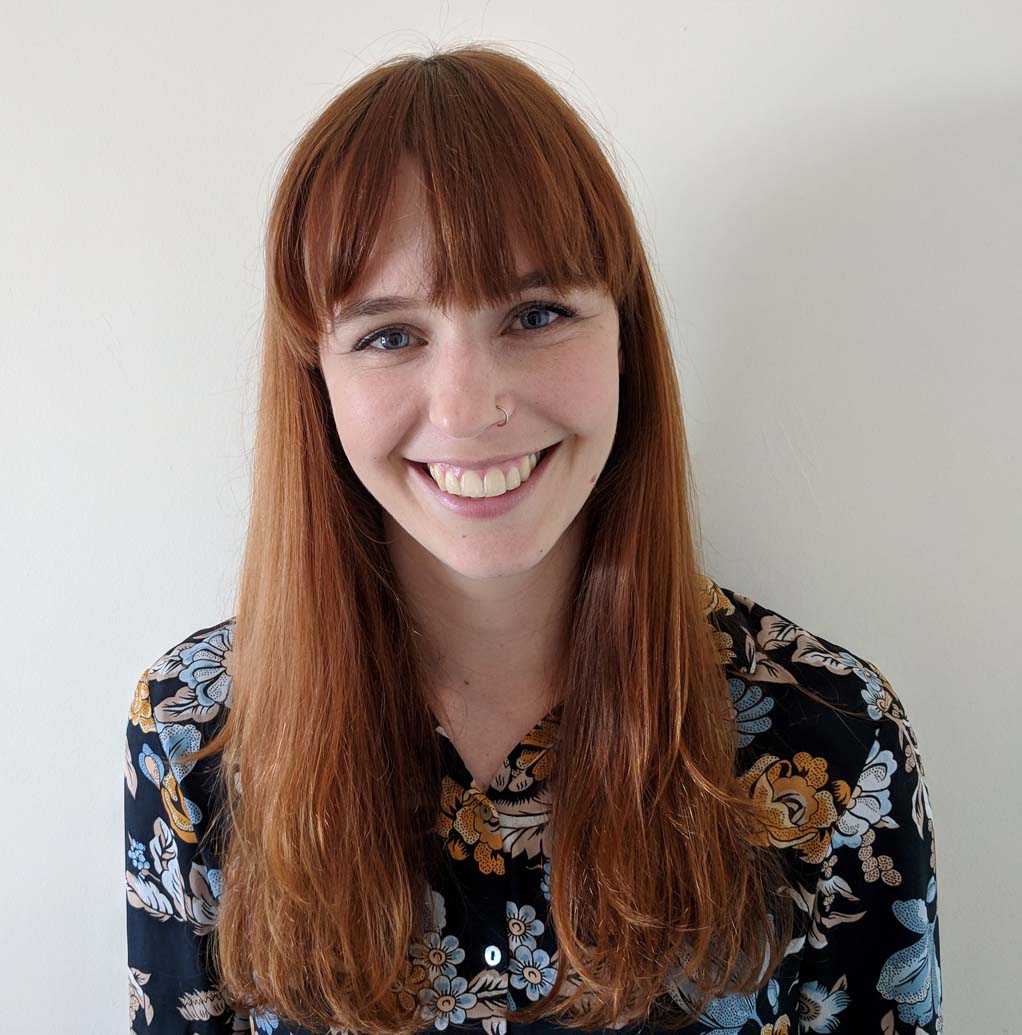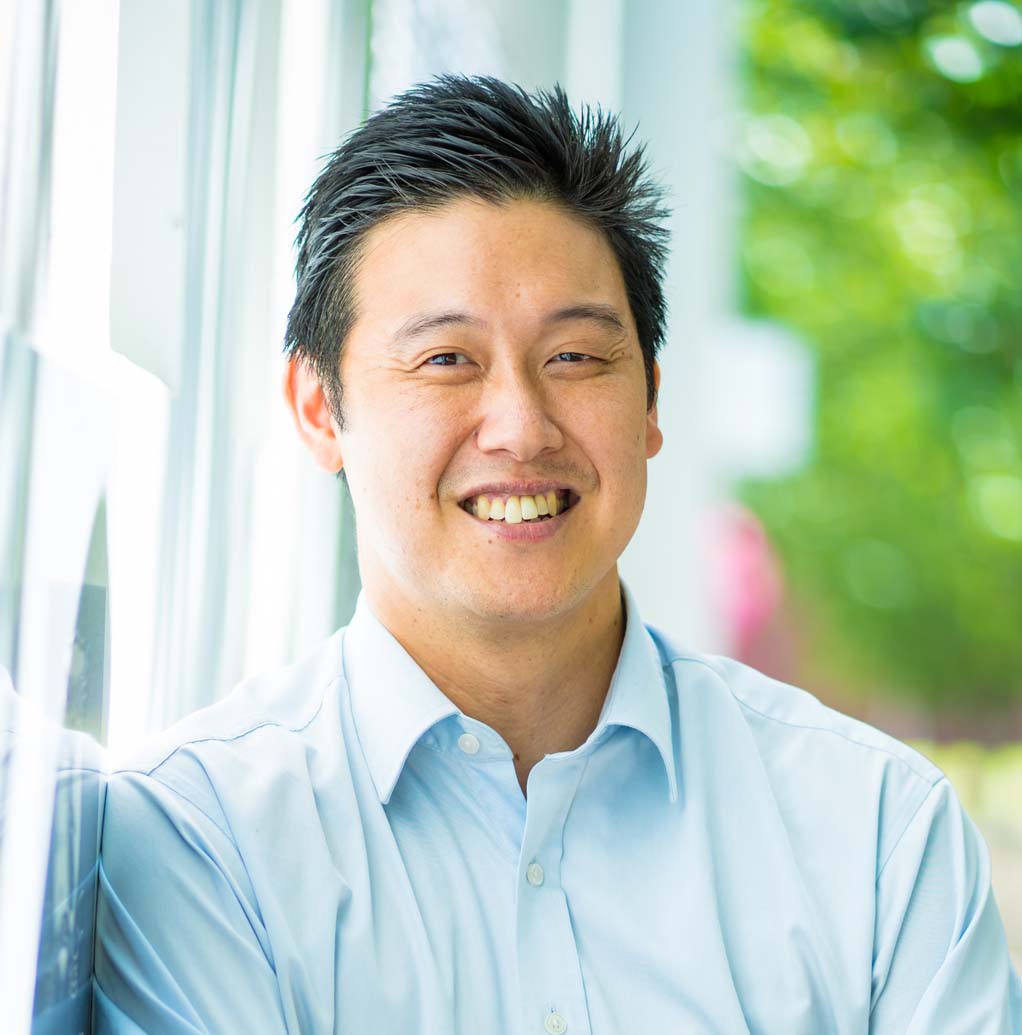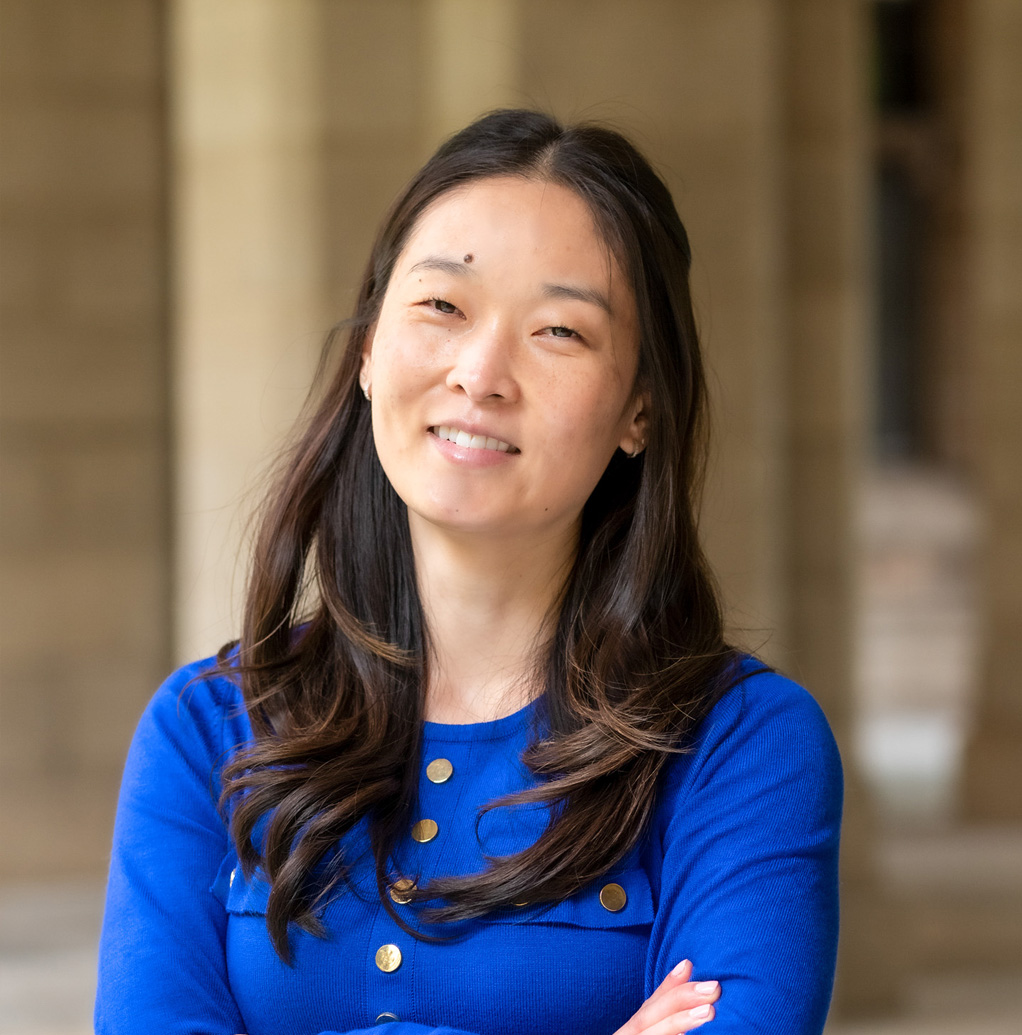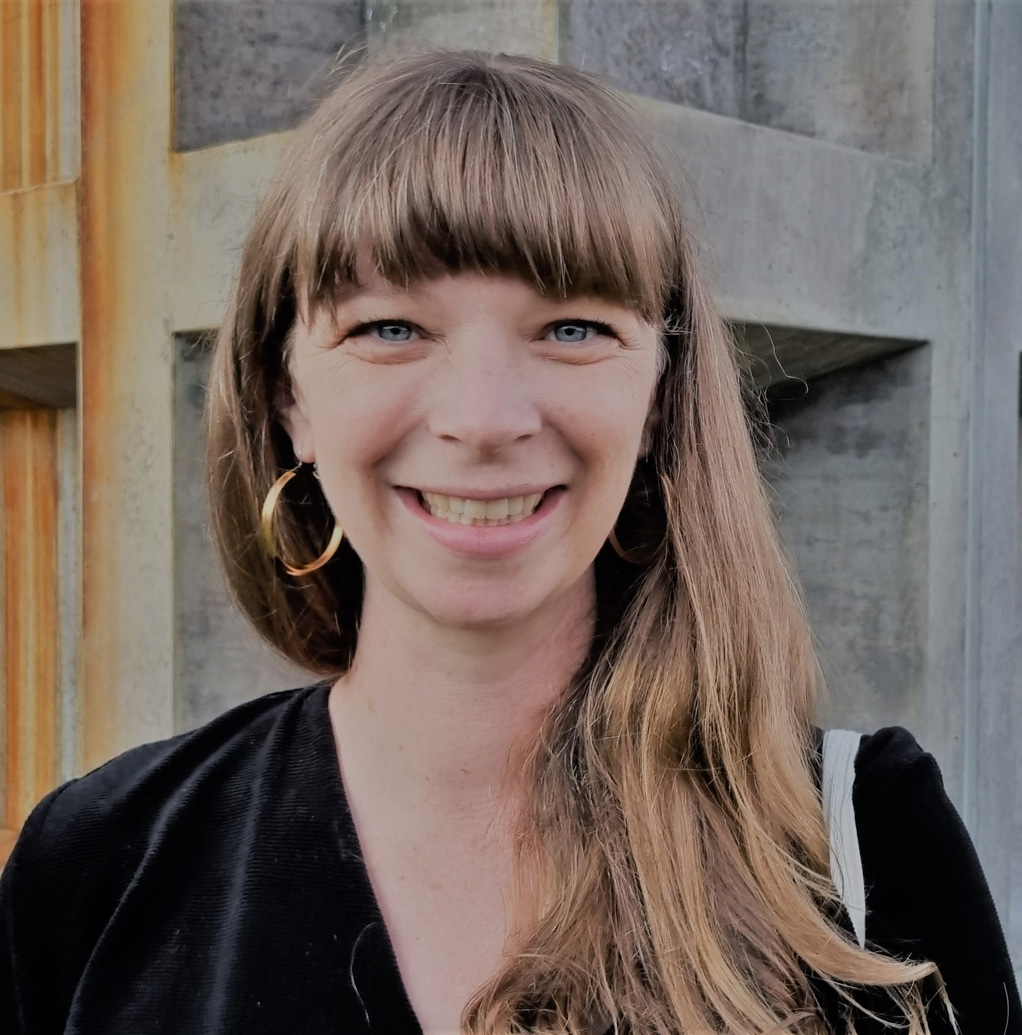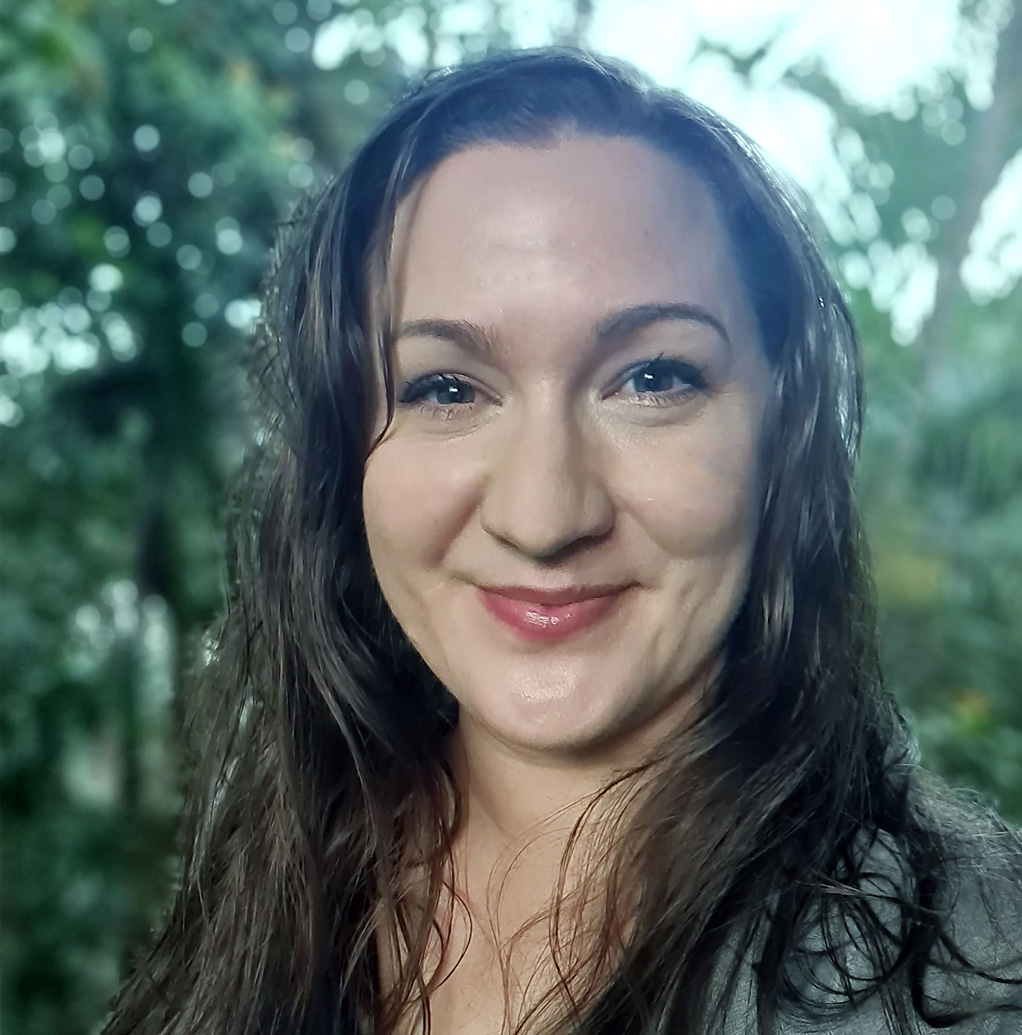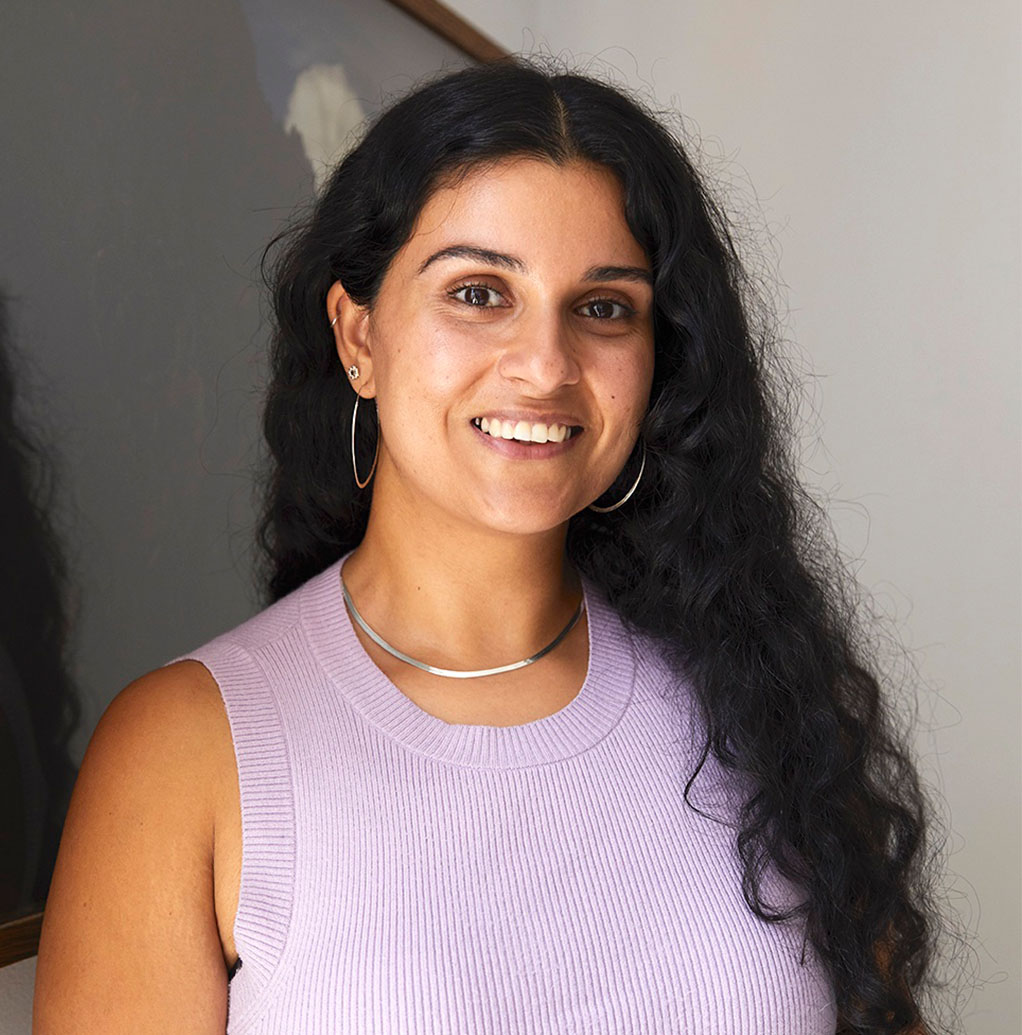The Next Generation Researcher Network (NGRN) brings together future leaders in mental health research to deliver capacity-building support and innovative programs designed for career development. It fosters a collaborative environment where emerging researchers can exchange knowledge, share resources, and form partnerships across diverse fields of mental health research, promoting interdisciplinary and innovative approaches.
The NGRN hosts the following annual initiatives:
- e-Networking Event: Facilitating virtual connections and collaborations among members.
- Funding Schemes: Funding opportunities for seed funding, PhD support and career development
- Funding Galaxy Q&A Event: A dedicated session where experts in the field answer questions on funding applications and strategies.
- Updating of the comprehensive guide “Co-Created Guide for Researchers Navigating the Mental Health Research Funding Galaxy” following on from the Q&A event
The ALIVE National Centre’s Next Generation Researcher Network Capacity Building Funding Scheme is part of the National Centre’s Capacity Building Strategy to grow the next generation of mental health research leaders. Yearly calls are made for up to six capacity building awards for ECRs and MCRs, and a rolling call for capacity building for PhD students:
- 4 Early-Career Researcher (ECR) Seed Funding Awards, designed to support researchers to develop their research ideas, conduct a pilot study or, complete co-design or other research activities that will support a larger future grant proposal and/or fellowship application.
- 2 Mid-Career Researcher (MCR) Professional Advancement and Career Expansion (PACE) Awards, designed to address funding gaps for career development and professional advancement activities for mid-career researchers that may not otherwise be available.
- Launch Pad – supporting research and career development activities for PhD students at the ALIVE National Centre Partner Universities and community-based researchers in the ALIVE National networks and Partner Organisations, with a particular focus on support for lived-experience research involvement and skills-building.
Network Co-Leads
Emma Baker
Investigator Co-Lead
University of Adelaide
Emma is the Professor of Housing Research at the University of Adelaide where she leads the Housing and Healthy Cities Research Group and is Director of the Stretton Institute’s ‘Building a City for the Future’ research program. Her work takes an innovative and expansive approach to understanding the way that housing, social support and housing instability interact with health and mental health and incorporates innovation and large-scale data capture. Her experience working in a community, policy and government context supports the priority population stream of work to ensure the social determinant of housing is considered within research activities as appropriate. She will co-coordinate the Next Gen Research Network with Lena Sanci.
Lena Sanci
Investigator Co-Lead
University of Melbourne
CI Sanci is an academic GP and Head of the Department of General Practice, Director of Teaching and Learning, and Chair of the Victorian Practice Based Research Network (VicReN) University of Melbourne. CI Sanci has over 20 years of expertise in intervention co-design, implementation, and evaluation in primary care, educational, and online settings including cluster and step-wedge RCTs. This work in child and youth health in primary care has informed policy and practice nationally and internationally. CI Sanci is the Victorian government’s medical advisor on their school-based health service program (2015-2024), leading the clinical training for this program. Clinically, CI Sanci works at Sexual Health Victoria.
CI Sanci has led projects using co-designed interactive technology to make preventive primary care more accessible for adolescents. CI Sanci’s long-standing relationship with VicREN (a well-established large primary care practice-based research and education network of around 600 general practices), contribution as custodian of the Patron primary care data repository and involvement in the Data for Decisions research initiative contributes a detailed understanding of the complexities of using digital data for research projects. CI Sanci has also worked on research in partnership with industry having led a research stream in the Young and Well Cooperative Research Centre examining the potential of technology to improve mental health and wellbeing; her online RCT tested a co-designed online health service navigation tool which improved quality of life and is implemented as ‘NextStep’ by Reachout.com. CI Sanci also led a large study exploring determinants of health and academic outcomes for tertiary students, which is underpinning University-wide policy on moving Toward a Health Promoting University.
Caley Tapp
Co-Lead
University of Queensland
Dr Caley Tapp is a Research Fellow with the School of Public Health at the University of Queensland, based at the Queensland Centre for Mental Health Research. Caley holds qualifications in psychology and epidemiology. She has a PhD in social psychology and completed a post-doctoral fellowship on an ARC funded project examining a disease avoidance basis for stigmatisation. Caley has recently completed a Master of Epidemiology.
Caley’s role is with the Analysis and Reporting Component of the Australian Mental Health Outcomes and Classification Network (AMHOCN), which leads the design, analysis and reporting of the National Outcomes and Casemix Collection (http://www.amhocn.org/). In this role she is involved in a range of projects designed to improve the measurement of patient- and service-level outcomes in Australia’s specialised public sector mental health services. She has experience in conducting systematic literature reviews, as well as conducting experimental, quasi-experimental and qualitative studies. Caley’s other research interests include the stigmatisation of people with obesity.
Terence Chong
Co-Lead
University of Melbourne
Dr Terence Chong is a Psychiatrist Clinician Researcher in psychiatry of old age. He is an early career researcher, having commenced his PhD in December 2017. In August 2019, he was appointed Senior Research Fellow in Psychiatry of Old Age – a joint appointment between the University of Melbourne and St Vincent’s Hospital Melbourne. Dr Chong’s work has been recognised by a PhD Scholarship from the NHMRC Centre of Research Excellence (CRE) for Cognitive Health and the 2019 University of Melbourne Department of Psychiatry Graham Burrows Travelling Scholarship. In 2018, he was awarded Membership of the Melbourne Medical School Academy of Clinical Teachers and previously was Course Coordinator of the Master of Psychiatry Course at The University of Melbourne from 2010-2014. His research collaborations include the Melbourne Academic Centre for Health, Melbourne Ageing Research Collaboration, University of New South Wales, University of Western Australia and University of Toronto.
Dr Chong’s clinical and research interests include dementia prevention, anxiety and depression in late life, physical activity and health, including weight management and falls prevention, the use of technology to improve care, clinical trials and qualitative research. In 2021, he was elected to the Board of Directors of the International Psychogeriatric Association and the Royal Australian and New Zealand College of Psychiatrists (RANZCP) Faculty of Psychiatry of Old Age Victorian Subcommittee. In 2020, he became the co-secretary of the Dementia Prevention Special Interest Group (part of the former NHMRC National Institute for Dementia Research). He holds clinical appointments as psychiatrist at St Vincent’s Hospital Melbourne, Epworth Healthcare, and Medical and Mind Weight Loss. He has broad clinical experience as a psychiatrist in the public and private sectors, including community, inpatient and residential settings. In addition, he completed a Master of Business Administration in 2014.
Amy Coe
Co-Lead
University of Melbourne
Amy completed a Bachelor of Science (Psychology/Psychophysiology) with Psychology honours and now has over 12 years of experience in both the not-for-profit and academic research fields. For the past nine years she has been part of the Primary Care Mental Health Team in the Department of General Practice (DGP), University of Melbourne. She has particular expertise in health psychology, participant recruitment, research communication and research ethics. She is currently completing a PhD which focuses on helping people come off their antidepressants whilst maintain mental wellbeing in primary care.
Jaimie Northam
Co-Lead
University of Sydney
Dr Jaimie Northam is a Lecturer and Clinical Psychologist at the University of Sydney. Dr Northam is passionate about providing high quality, effective early intervention for children, young people and families with emergent mental health concerns. Her research work to date has largely been translational in nature, including assessment of residential treatment for adolescent substance misuse, investigation of treatment resistant etiologies of conduct problems and the early markers of mental health problems, novel treatment approaches to family therapy, and public health approaches to increasing mental health literacy and access to evidence-based early intervention treatments with Australia. Currently, her work is based in the Child Behaviour Research Clinic where she provides specialist supervision to postgraduate psychology students and where she leads the first flagship trial for the Growing Minds Australia Clinical Trials Network, the Growing Minds Check-In: a national, online universal assessment and referral tool for child and adolescent mental health concerns.
Melanie Rolfe
Co-Lead
Queensland University of Technology
Melanie Rolfe is a researcher and MPhil candidate at QUT, where her research is co-designing a psychosocial intervention to support parents of children with brain tumours. She also works for Palliative Care Australia on the Paediatric Palliative Care National Action Plan project, having led the consumer consultations, and contributed to the authorship of thematic summary and the National Action Plan. She is also the founder of The Paper Planes Project, an organisation dedicated to empowering families to thrive through play-based psychology. Here she runs Wild Ones Nature Play– a bush kindy with a focus on social and emotional learning. Melanie holds degrees in psychology, positive psychology, adolescent wellbeing, and paediatric palliative care, and worked for over a decade in child and youth health and oncology services before turning her focus to research, academia, and nature play. Her TEDx talk Joy Matters explores the evidence around ways nature play can boost wellbeing, a topic she hopes to explore in her own research. Melanie’s vision is for a world where everyone understands the principles for psychological thriving, and has the tools to navigate adversity and unlock their own potential.
Sumedha Verma
Co-Lead
University of Sydney
Dr Sumedha Verma is a writer, postdoctoral fellow and clinical psychologist based in Melbourne. She works from an intersectional lens, recognising the dynamic and systemic influences on mental health and wellbeing. Sumedha has co-developed sleep and wellbeing programs with community members, and has worked in the eating disorder sector to embed learning and evaluation praxis. Heritage, storytelling, and pride lie at the heart of all she does. Sumedha’s interests lie in emancipatory and reflexive research practices, inclusive and accessible mental healthcare, and advocacy of diverse lived experiences.
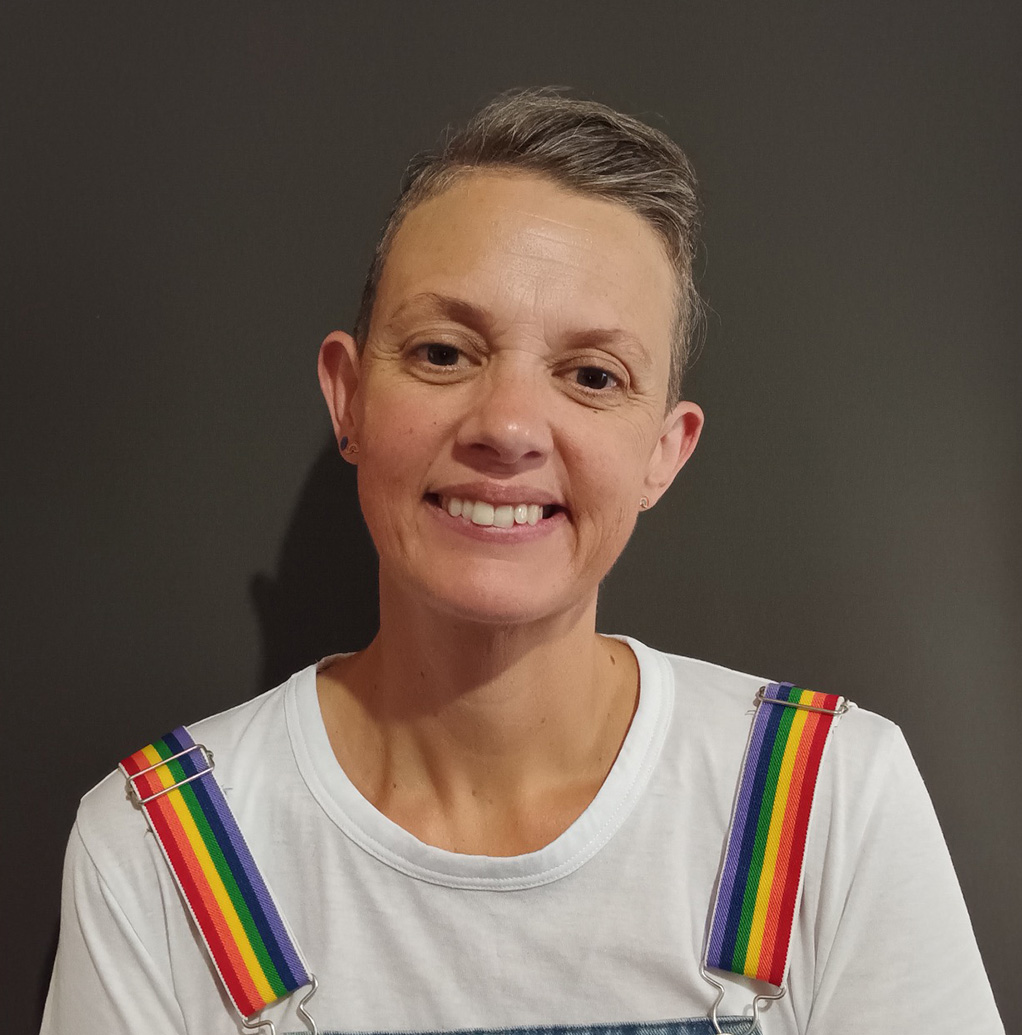
Ali Haney
Co-Design Living Labs Lead Representative
Ali first made aware of ALIVE and the Co-Design Living Labs program in 2017. Being involved in the co-design process gives her the sense of purpose in life. It has given her the opportunity to be heard, and to use her, at times, retraumatising experiences to create positive change for many people. She brings over 40 years of living with mental health concerns, stemming from early childhood sexual abuse and the effects this trauma had on her developing brain and how she viewed herself and the world she was living in.
